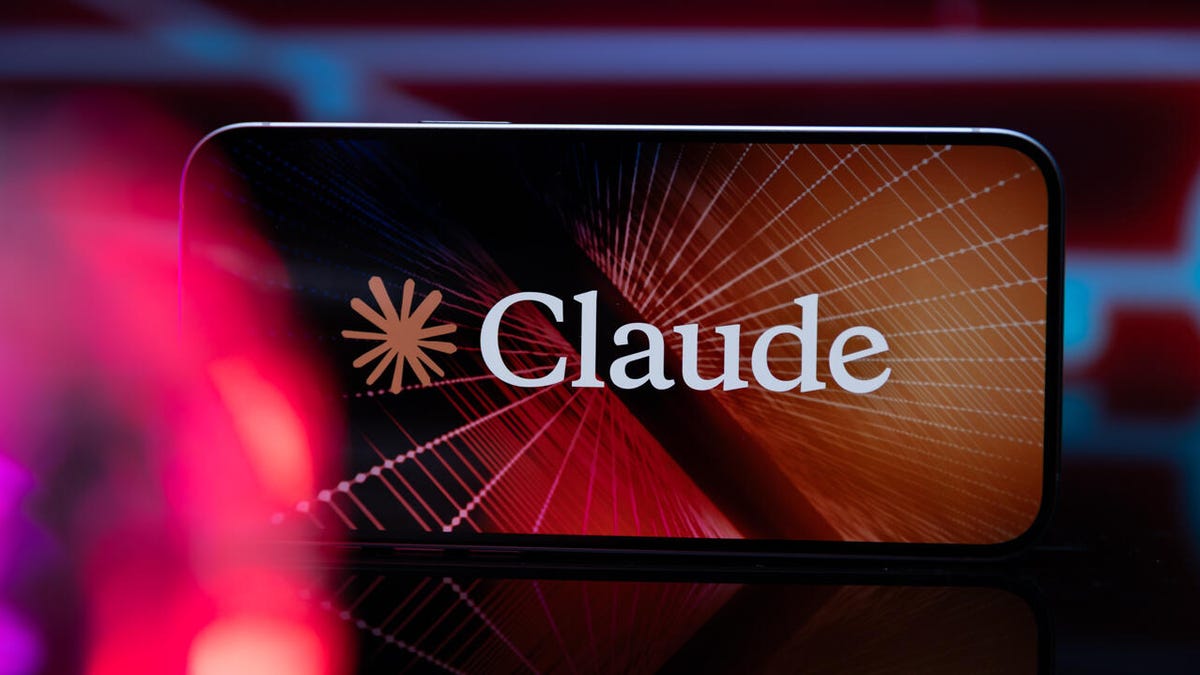Key Points
- Claude Opus 4.5 is designed for coding, document creation, and spreadsheet automation.
- The model becomes the default AI for Pro ($17/month), Max ($100/month), and Enterprise plans.
- Integration with Claude for Chrome lets Max users perform internet tasks directly from the browser.
- Opus 4.5 completes Anthropic’s 4.5 generation alongside Sonnet 4.5 and Haiku 4.5.
- As a reasoning model, Opus 4.5 can handle complex tasks but runs slower and costs more to operate.
- Anthropic positions Opus 4.5 as a productivity‑focused alternative to broader generative AI models.

Anthropic’s New Work‑Focused Model
Anthropic introduced Claude Opus 4.5 as the latest addition to its suite of generative AI models. Unlike previous releases that emphasized broad content generation, Opus 4.5 is engineered specifically for workplace productivity. The company highlighted its ability to handle coding tasks, produce documents, spreadsheets, and presentations, and automate routine office functions by interfacing directly with a user’s computer and web browser.
Availability and Pricing Tiers
The model will be available across all Anthropic platforms and will serve as the default AI for three subscription tiers: Pro, Max, and Enterprise. Pro users receive Opus 4.5 as part of a plan starting at $17 per month, while Max users access it under a plan beginning at $100 per month. Enterprise customers also receive the model as part of their negotiated agreements.
Integration with Claude for Chrome
Anthropic extended Opus 4.5’s capabilities through the Claude for Chrome browser extension. This tool enables Max‑level users to instruct Claude to perform internet‑based actions, such as gathering information or completing web tasks, directly from the browser. The integration underscores the model’s focus on real‑time, task‑oriented assistance.
Completing the 4.5 Generation
Claude Opus 4.5 completes a trio of models released under the 4.5 generation. Earlier in the year, Anthropic unveiled Sonnet 4.5, a mid‑level model, followed by Haiku 4.5, the smallest variant, in October. Together, these models provide a range of performance and cost options for developers and businesses.
Reasoning Model Characteristics
The company described Opus 4.5 as a “reasoning model,” capable of tackling complex and demanding tasks. Unlike smaller, cheaper language models that rely on probabilistic predictions, reasoning models re‑run and refine their processes to generate more accurate or complete answers. This approach makes them well‑suited for intensive programming projects and deep research, though it also means they operate more slowly and at higher computational cost. Consequently, Anthropic typically restricts such models to paid subscription plans.
Competitive Landscape
Anthropic’s launch follows recent announcements from other AI leaders, including Google’s Gemini 3 and OpenAI’s GPT‑5.1. By positioning Opus 4.5 as a work‑oriented assistant, Anthropic aims to differentiate its offering in a market increasingly focused on productivity‑enhancing AI tools.
Source: cnet.com
